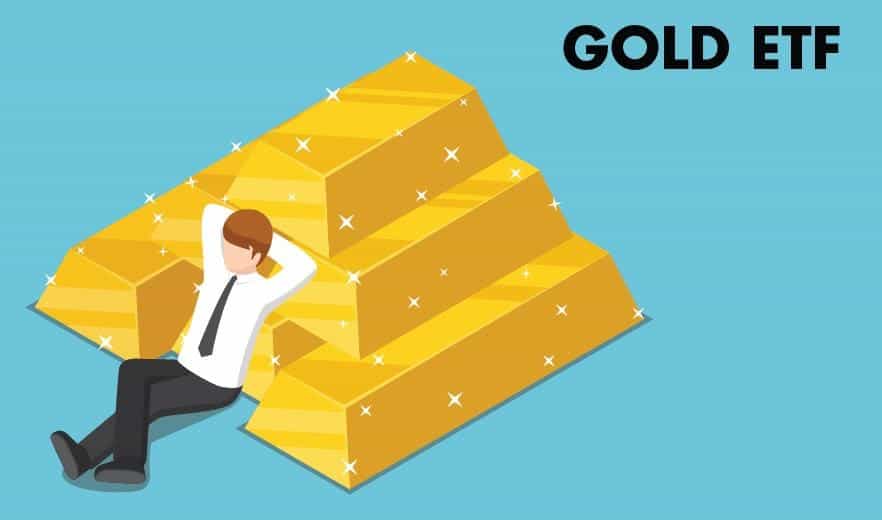Investment
Investing should be easy – just buy low and sell high – but most of us have trouble following that simple advice. There are principles and strategies that may enable you to put together an investment portfolio that reflects your risk tolerance, time horizon, and goals. Understanding these principles and strategies can help you avoid some of the pitfalls that snare some investors.

About
Mutual Funds
Saving for a financial future includes investing. Apart from Bank Fixed Deposits and Equities, Mutual Funds are considered to be one of the sought-after investment options. Before investing, understanding relevant performance factors will help you select the best Mutual Funds suited to you.
- Equities or stocks of various market capitalisation: They invest in shares of listed companies. Wealth creation is the primary objective of these funds. Top performing Mutual Funds that invest in equity have a higher probability to generate high returns especially for long-term investments.
- Income Bonds or Fixed Income Funds: They are suitable for income generation and are relatively safer investment tools. Debt market instruments like Bonds, Non-Convertible Debentures, Commercial Papers, Gold, or other asset classes.
- Tax Savings: Equity Linked Savings Scheme invests in equity and equity-related securities. These types of Mutual Funds scheme have a lock-in period of 3 years and offer tax exemption under section 80C.
SIP
To achieve financial success in life, we put in a lot of hours at work. And it is only during these hours that we actually strive towards achieving our goal. But with a Systematic Investment Plan (SIP), your success is in progress. SIP lets you invest a fixed amount in mutual funds step- by-step, monthly or quarterly over a period of time, thereby averaging out your cost of investing and benefiting from the power of compounding. The power of compounding works best as you stay invested helping your money earn more money itself, over the years. So, as you get ready for work or even decide to take a break from it, be rest assured that SIP is constantly working towards your goals and helps you keep your success in progress.
Apply Now
Step Up SIP
When training for a marathon, you will increase your pace and distance gradually as you build stamina, right? It’s the same for investments. A step-up SIP enables you to increase and ‘step up’ the SIP amount as you earn more manage your finance better. This article covers everything about Step-up SIPs.
You are essentially topping up your SIP by a certain percentage every year – for instance, 5000 in 2015, 5000+15% in 2016 and so on. You can do this in line with your current income, prospective yearly increments and of course financial goals. This lays down a set plan for the investor to reach the predetermined investing amount over a period of time. Just step it up by adding an automated feature that will increase your SIP contributions after a specific period!
Apply Now
SWP
If investors want regular cash flow from their investments the automatic choice for many are bank fixed deposits or postal deposits. However, declining interest rates on these schemes have made investors worry about their future income needs. Mutual funds have a solution for this, called SWP. What is SWP in mutual fund? SWP or systematic withdrawal plan is a mutual fund investment plan, through which investors can withdraw fixed amounts at regular intervals, for example – monthly/ quarterly/ yearly from the investment they have made in any mutual fund scheme.
The investors can choose a day of the month/quarter/year when withdrawal can be made and the amount credited to investors bank account by the AMC.
Apply Now
Lum Sum
A lump sum amount is defined as a single complete sum of money Lump sum investment is considered as one way of investing into mutual funds. The other method being that of systematic investment plan, popularly known as SIP. Usually lump sum investments are undertaken by big players and investors, in stocks especially those related to assets that are likely to appreciate in the long term, making the investment profitable except in cases of high volatility.
You are essentially topping up your SIP by a certain percentage every year. You can do this in line with your current income, prospective yearly increments and of course financial goals. This lays down a set plan for the investor to reach the predetermined investing amount over a period of time.
Apply Now
About
Fixed Deposit
In a Fixed Deposit, you put a lump sum in your bank for a fixed tenure at an agreed rate of interest. At the end of the tenure, you receive the amount you have invested plus compound interest.
FDs are also called term deposits.

Interest Rate
Interest rates on FDs are fixed when you open the deposit and the rate depends on the term that you wish to hold it for. Visit the HDFC Bank website to view the latest FD interest rates.
Apply Now
Secure investment
A Fixed Deposit offers guaranteed returns. Unlike market-led investments where returns fluctuate over time, the returns on an FD are fixed when you open the account. FDs are considered much safer
Apply Now
Return on investment
Your return on an FD will depend on the interest rate and the type of deposit you choose. You can opt for a monthly or quarterly pay-out of interest or the reinvestment option
Apply Now

About
Bond
A bond is a fixed-income instrument that represents a loan made by an investor to a borrower (typically corporate or governmental). A bond could be thought of as an I.O.U. between the lender and borrower that includes the details of the loan and its payments. Bonds are used by companies, municipalities, states, and sovereign governments to finance projects and operations. Owners of bonds are debtholders, or creditors, of the issuer.
Bond details include the end date when the principal of the loan is due to be paid to the bond owner and usually include the terms for variable or fixed interest payments made by the borrower.
FDs are also called term deposits.
About
Gold ETF
A Gold ETF is an exchange-traded fund (ETF) that aims to track the domestic physical gold price. They are passive investment instruments that are based on gold prices and invest in gold bullion.
In short, Gold ETFs are units representing physical gold which may be in paper or dematerialised form. One Gold ETF unit is equal to 1 gram of gold and is backed by physical gold of very high purity. Gold ETFs combine the flexibility of stock investment and the simplicity of gold investments.
Bond details include the end date when the principal of the loan is due to be paid to the bond owner and usually include the terms for variable or fixed interest payments made by the borrower.
FDs are also called term deposits.

